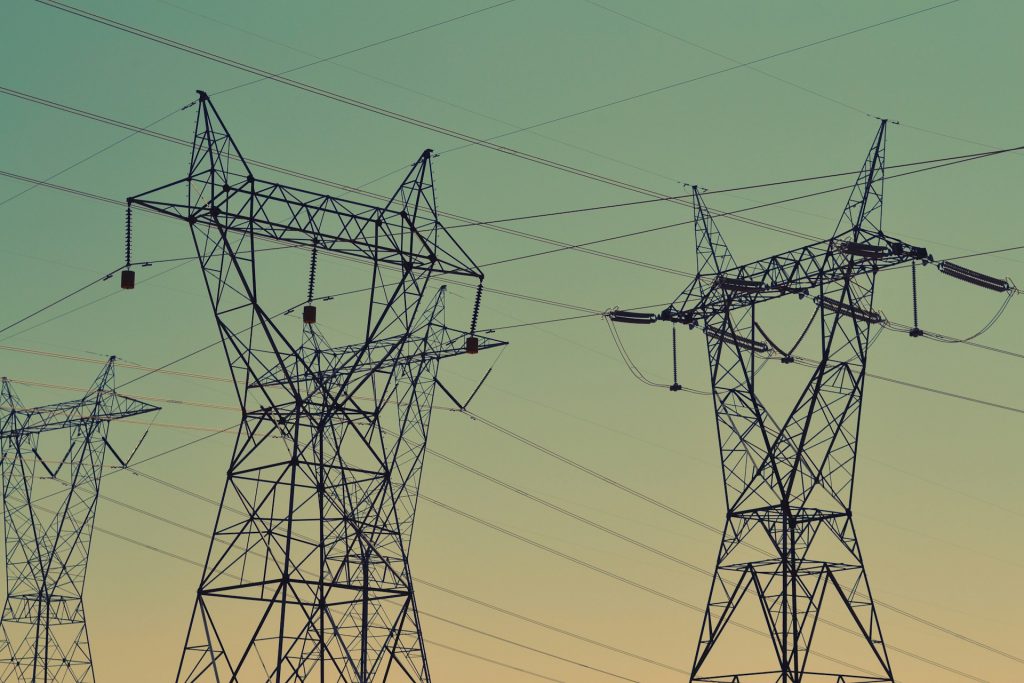India Faces Its Most Severe Electricity Shortage in 14 Years This June
2 min read
The Indian government has disclosed to Reuters an anticipated significant electricity shortage in June, marking the largest shortfall in 14 years. This crisis follows a notable decrease in hydroelectric power generation. To counter potential blackouts, authorities are postponing scheduled maintenance and restarting decommissioned units.
This looming deficit also arises from delays in commissioning 3.6 gigawatts (GW) of new coal power plants, which were expected to be operational by March. According to the Central Electricity Authority, the peak shortage could reach 14 GW during nighttime hours when solar power is offline.
“The planning process is based on the worst-case scenarios,” a government source noted, underscoring the gravity of the situation. It is the most significant gap since the fiscal year 2009-10, public data reveals. The past year saw the steepest decline in India’s hydroelectric production in four decades, although renewable energy output remained constant.
Last week, R.K. Singh, the Minister for Power, convened an emergency meeting to review the situation. Decisions were made to defer the closure of power plants scheduled for maintenance in June and to restart 5 GW of coal power capacity. These steps were taken to maximize production and meet the expected electricity demand during daylight and non-solar hours in the coming months, including June 2024, as stated by the government.
Grid-India, the network administrator, projects a peak nighttime demand of 235 GW in June. On the supply side, about 187 GW of thermal capacity and roughly 34 GW from renewable sources are available, government sources indicate.
Last month, for the first time, the Ministry of Power invoked emergency powers to mandate gas and imported coal power plants to operate at full capacity. While India has long advocated for coal use, Prime Minister Narendra Modi’s administration has slowed the expansion of coal-based capacity to focus on transitioning to green energy, aiming for net-zero emissions by 2070.
Despite pressure from wealthier nations to end coal use, plans for new coal power plants gained momentum last year. However, these plants are expected to take at least four years before they start generating electricity.
Existing coal and solar power plants will help the country meet its daytime electricity demand, another government source confirmed.



